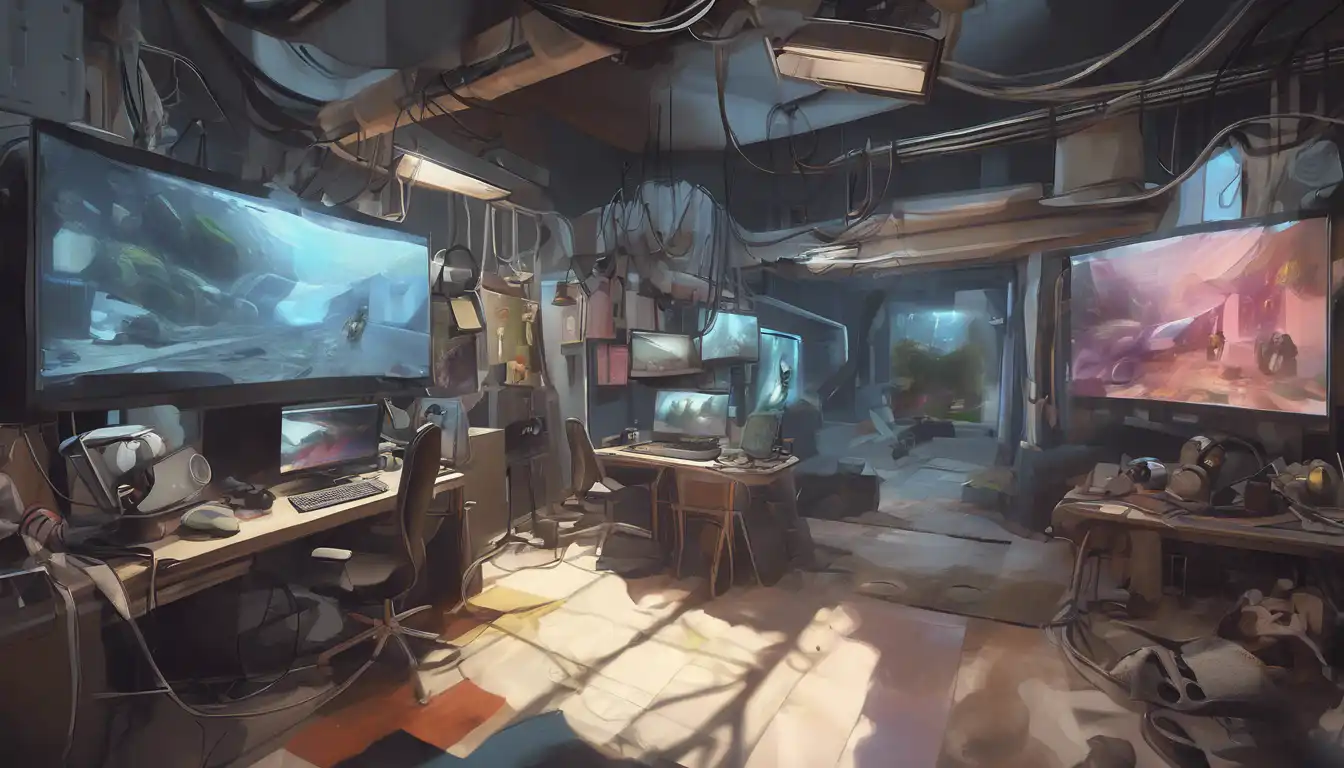Introduction to Virtual Reality Development
Virtual Reality (VR) is transforming the way we interact with digital content, offering immersive experiences that were once the stuff of science fiction. For developers eager to dive into this exciting field, understanding the basics of VR development is the first step towards creating compelling virtual worlds.
Understanding the VR Development Landscape
Before jumping into development, it's crucial to grasp the current VR landscape. VR development involves creating applications or games that run on VR headsets like Oculus Rift, HTC Vive, or PlayStation VR. These platforms provide the hardware needed to experience VR, but the software is where developers come in.
Choosing the Right Tools and Platforms
Selecting the right development tools is essential for any VR project. Popular game engines like Unity and Unreal Engine offer robust support for VR development, with extensive documentation and community support. Additionally, understanding the specific requirements of your target platform can help streamline the development process.
Learning the Basics of 3D Modeling and Design
VR development isn't just about coding; it's also about creating immersive 3D environments. Familiarity with 3D modeling tools such as Blender or Maya can be incredibly beneficial. These tools allow developers to design the assets and environments that make VR experiences so engaging.
Programming for VR
At the heart of VR development is programming. Languages like C# (for Unity) and C++ (for Unreal Engine) are commonly used. Developers should also understand the principles of 3D math and physics to create realistic interactions within the virtual environment.
Testing and Optimization
VR applications must run smoothly to prevent motion sickness and ensure a comfortable user experience. This means rigorous testing and optimization are key. Developers should test their applications on the target hardware and optimize performance by reducing polygon counts and optimizing textures.
Staying Updated with VR Trends
The VR industry is rapidly evolving, with new technologies and best practices emerging regularly. Following VR trends and participating in developer communities can provide valuable insights and keep your skills sharp.
Conclusion
Starting with VR development can be daunting, but with the right tools, knowledge, and community support, it's an incredibly rewarding field. By focusing on the fundamentals and staying engaged with the latest developments, aspiring VR developers can create immersive experiences that push the boundaries of technology.
